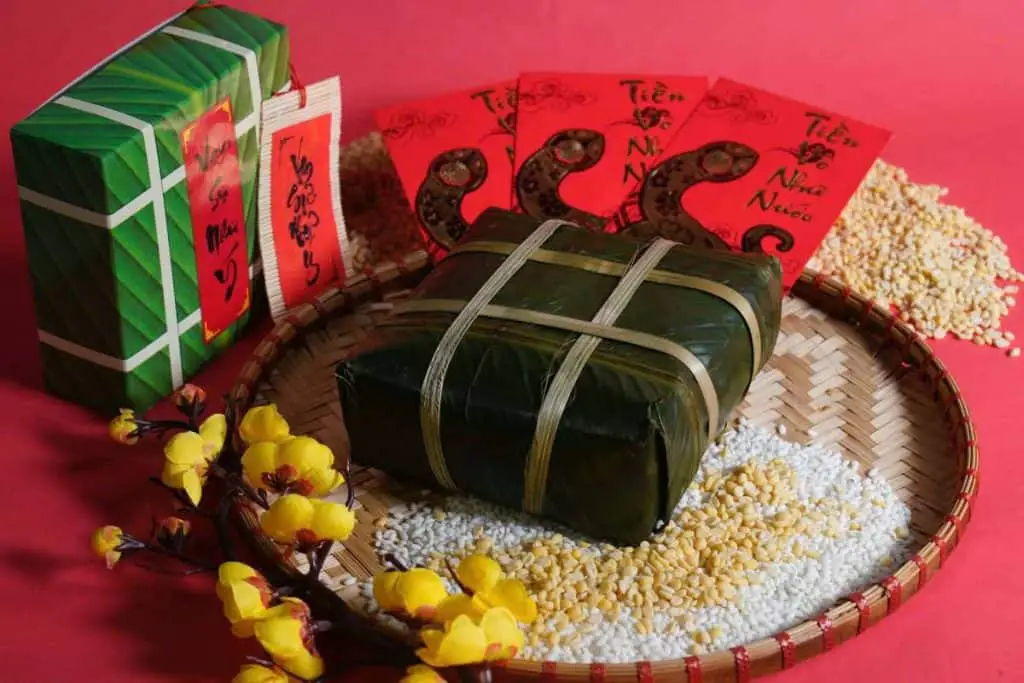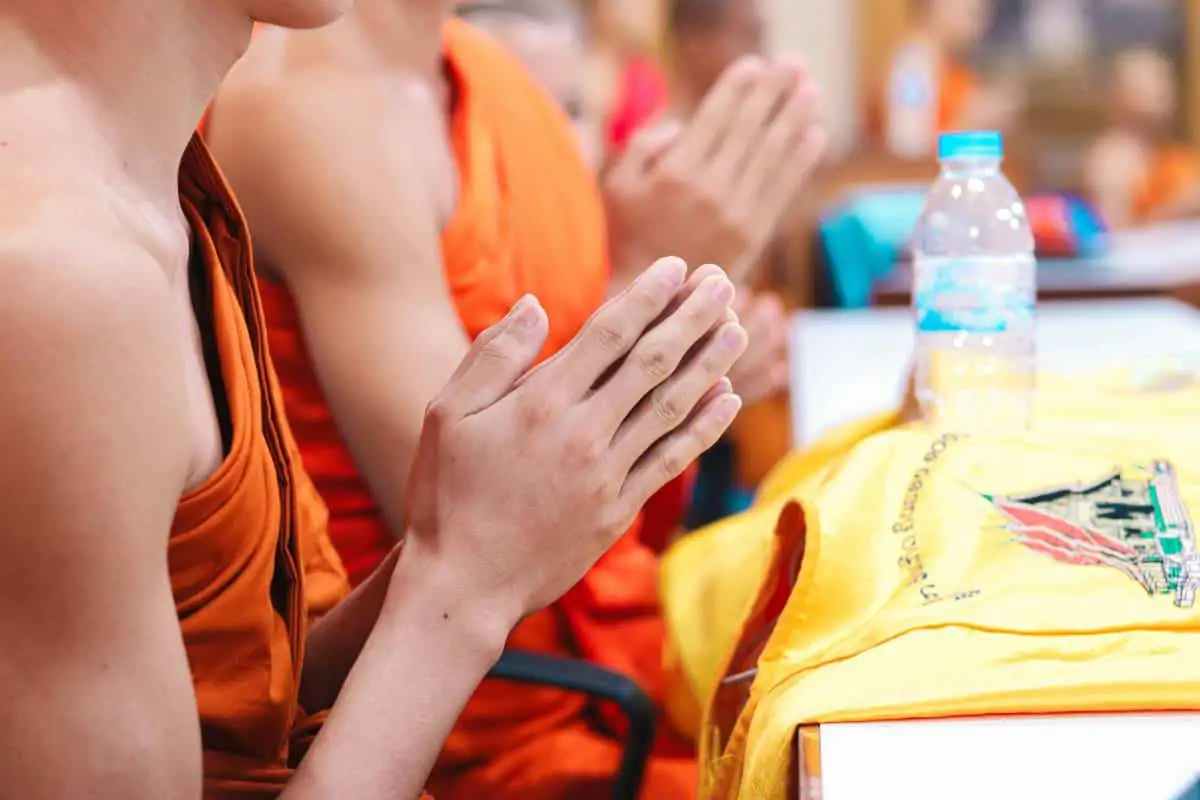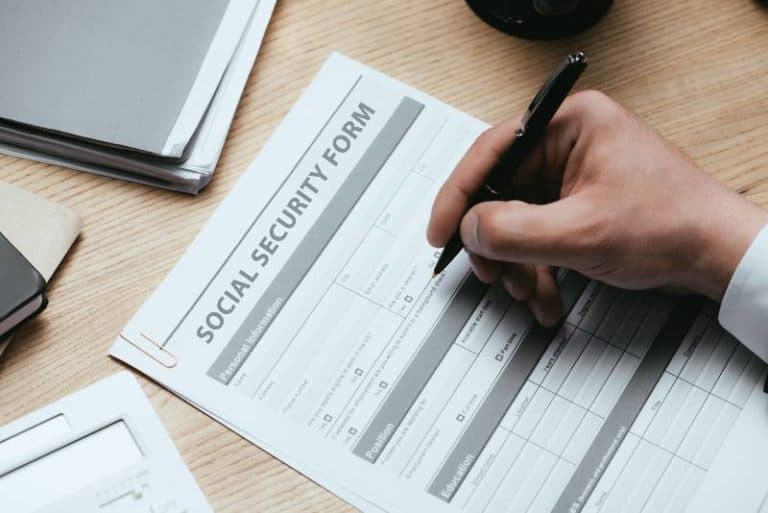Adjusting to Thai Culture and Customs As an Expat
Hey there! I’m Tom from BetterLivingAsia. After spending 35 years in the United States, I leaped and moved to Thailand. Let me tell you – it’s been quite the journey! Today, I’m excited to share how adjusting to Thai culture and customs can be worth your while. As Thailand continues its rapid industrialization and development, understanding its culture becomes even more crucial for newcomers. With tourist numbers expected to reach pre-pandemic levels by 2025, there’s never been a better time to learn about Thai customs and traditions.
Key Takeaways
- Understanding and respecting Thai cultural values is essential for successful integration
- Mastering basic Thai etiquette and customs can prevent common social mishaps
- Building relationships through cultural sensitivity leads to a more enriching experience
Understanding Core Thai Cultural Values
The foundation of Thai cultural values represents a complex tapestry woven from various influences, primarily Buddhism, traditional beliefs, and social hierarchies. As someone who’s lived through the transition from the West to Southeast Asia, I can tell you that understanding these core values isn’t just helpful – it’s essential for meaningful integration into Thai society.
Buddhist Foundations
Buddhism profoundly shapes daily life in Thailand. It’s not just about Buddhas, monks, temples and ceremonies; it influences how people approach problems, interact with others, and view life itself. In my experience, you’ll notice this in the calm approach many Thais take to challenging situations and their emphasis on maintaining emotional balance.
Social Harmony
The concept of social harmony in Thai society goes beyond simple politeness. It’s about maintaining peaceful relationships and avoiding conflict. This manifests in the preference for indirect communication and the importance of ‘saving face’ – preserving dignity for yourself and others in social interactions.
Family Values
Family dynamics in Thailand differ significantly from Western structures. Extended families often live together or maintain very close ties. I’ve observed how family obligations take precedence over individual preferences and respect for elders is paramount in family decision-making processes.
Hierarchy and Respect
The Thai social hierarchy is intricate and important. Age, family status, professional position, and even subtle social cues and greetings determine how people interact with each other. This hierarchy is reflected in language usage, with different pronouns and honorifics used depending on relative social status.
Non-Confrontational Approach
The “mai pen rai” (never mind) attitude of the Thai people stems from a cultural preference for avoiding confrontation. This isn’t about being passive; rather, it’s about finding harmonious ways to resolve conflicts and maintain positive relationships.
Community Connection
Community bonds remain strong in Thai culture, even in urban areas. Local festivals, temple activities, and community events play crucial roles in maintaining social connections. I’ve found that participating in these community activities is one of the best ways to understand and integrate into Thai society.
Essential Cultural Do’s and Don’ts
Physical Interactions
In Thai culture, physical boundaries and body language carry deep significance. During my years here, I’ve learned that understanding these subtle rules can prevent unintentional offense. The head is considered sacred in Thai society, while the feet are viewed as the lowest part of the body. Here’s what I’ve found essential to remember about physical interactions:
- Never touch or pat someone’s head, even children
- Avoid pointing your feet at people or sacred objects
- Use your right hand for passing or receiving items
- Keep public displays of affection minimal
Communication Style
Thai communication differs significantly from Western styles. The emphasis lies in maintaining harmony and avoiding confrontation. I’ve noticed that understanding these communication patterns helps build trust:
Volume and Tone
- Keep your voice level and calm
- Avoid showing strong emotions, especially anger
- Speak softly, particularly in formal settings
Non-Verbal Communication
- Smile genuinely during interactions
- Pay attention to subtle facial expressions
- Notice when someone seems hesitant or uncomfortable
Sacred and Royal Respect
Thailand holds a deep respect for three main pillars: the Royal Family, Buddhism, and elders. Based on my experience, showing proper respect in these areas is crucial:
Royal Family
- Stand respectfully for the national anthem
- Never speak negatively about the monarchy
- Show respect for royal images and symbols
Religious Respect
- Dress modestly when visiting temples
- Remove shoes before entering temples
- Stand to show respect for monks
- Never use Buddha images as decoration
Public Behavior
How you conduct yourself in public spaces reflects your understanding of Thai customs. Here are key behaviors I’ve learned to observe:
Dress Code
- Wear modest clothing, especially in religious sites
- Cover shoulders and knees in formal settings
- Keep beachwear limited to beach areas
Social Etiquette
- Remove shoes when entering homes and some businesses
- Avoid public displays of anger or frustration
- Queue politely and respect personal space
- Greet others with a wai when appropriate
Face-Saving Culture
Understanding the concept of “saving face” is crucial in Thai society. This means:
- Avoid public criticism or confrontation
- Find indirect ways to address problems
- Accept apologies graciously
- Help others maintain their dignity
These customs aren’t just formalities – they’re deeply woven into the fabric of Thai society. Following them shows respect for the culture and helps build meaningful relationships with Thai people. I’ve found that Thai people are generally understanding of honest mistakes, but making an effort to observe these customs goes a long way in showing respect for their culture.
Daily Life Adaptation Strategies

Building Social Connections
Creating meaningful relationships in Thai society requires patience and cultural awareness. Rather than rushing to establish close friendships as we might in the West, I’ve learned to appreciate the gradual nature of relationship-building here. Start with simple, respectful interactions in your daily routine – being consistently polite and showing genuine interest in learning about the culture go a long way.
Professional Integration
The Thai workplace operates differently from Western offices. Hierarchy plays a crucial role, and understanding your position within the organization is essential. I’ve noticed that successful professional relationships often depend more on maintaining harmony and showing appropriate respect than on direct communication about tasks or challenges.
Language Learning
While many Thais in urban areas speak some English, making an effort to learn basic Thai phrases demonstrates respect and commitment to integration. Focus first on polite greetings, basic numbers, and food-related vocabulary. Even minimal language skills can significantly improve your daily interactions.
Adapting to Local Rhythms
Thai life often moves at a different pace than what many Westerners are accustomed to. Business hours, meal times, and social gatherings might follow different patterns. Learning to adapt to these rhythms rather than fighting against them has made my transition much smoother.
Common Challenges and Solutions
Language Barriers
The language barrier presents one of the biggest initial challenges. My approach has been to:
- Learn essential Thai phrases for daily situations
- Use translation apps when necessary
- Find patient language exchange partners
- Practice regularly with local vendors and neighbors
Cultural Misunderstandings
Cultural misunderstandings are inevitable and disrespectful, but they can be minimized. I’ve found success by:
- Observing how locals handle similar situations
- Asking Thai friends for feedback on my behavior
- Remaining humble and ready to learn
- Apologizing sincerely when mistakes occur
Social Expectations
Understanding and meeting social expectations in Thailand can be complex. Key areas to focus on include:
- Appropriate dress for different occasions
- Proper timing for social visits
- Gift-giving customs
- Participating in important cultural events
Physical Environment
Adapting to Thailand’s climate and environment takes time. Practical solutions include:
- Adjusting your daily schedule to avoid peak heat
- Learning local food safety practices
- Understanding seasonal changes and their impact
- Developing appropriate dress habits for the climate
Work-Life Balance
Finding the right work-life balance in the Thai way requires understanding local perspectives. Success comes from:
- Respecting local holiday schedules
- Understanding the importance of family time
- Participating in office social activities
- Maintaining flexibility with schedules
Each of these challenges presents an opportunity for growth and deeper cultural understanding. Through patience and consistent effort, what initially seems overwhelming gradually becomes manageable and even enriching to your experience in Thailand.
Frequently Asked Questions
What’s the most important Thai custom to learn first?
Learning the proper Wai gesture and when to use it is crucial for showing respect in Thai society.
How can I avoid major cultural faux pas?
Focus on respecting the three main pillars: the Royal Family, Buddhism, and elders.
What should I wear when visiting temples?
Dress modestly – covered shoulders and knees, no revealing or tight clothing.
How can I adapt to Thai business culture?
Understand hierarchy, practice indirect communication, and always maintain professional composure.
What’s the best way to handle cultural misunderstandings?
Stay calm, apologize, and ask trusted Thai friends for guidance.
Conclusion
Remember, adapting to Thai culture is a journey, not a destination. As Thailand continues to evolve and welcome more foreigners, maintaining respect for its traditions becomes even more important. Want to learn more about life in Thailand? Contact us today for detailed guides, resources, and community support. Let’s make your transition to Thai life as smooth as possible!






